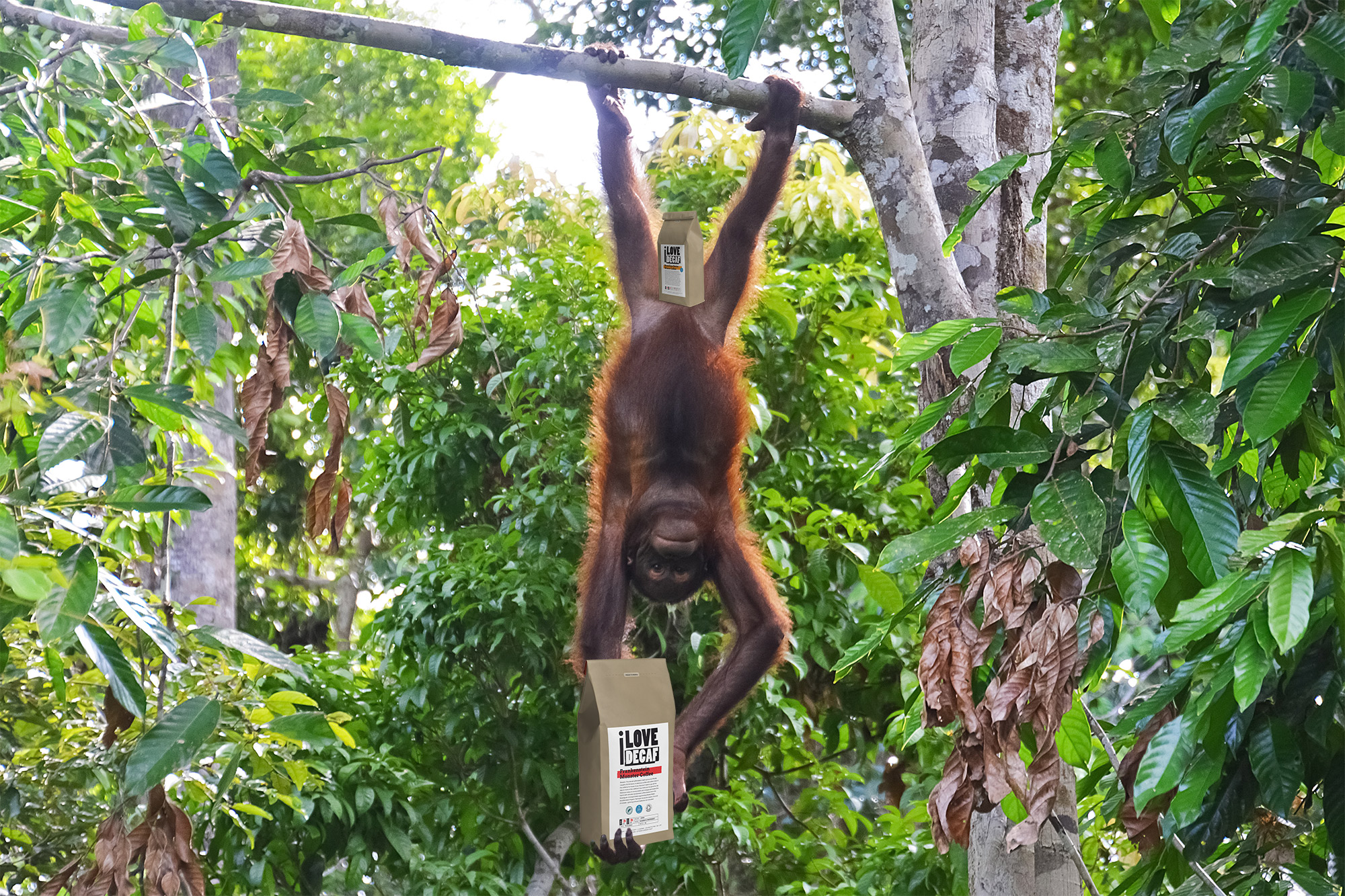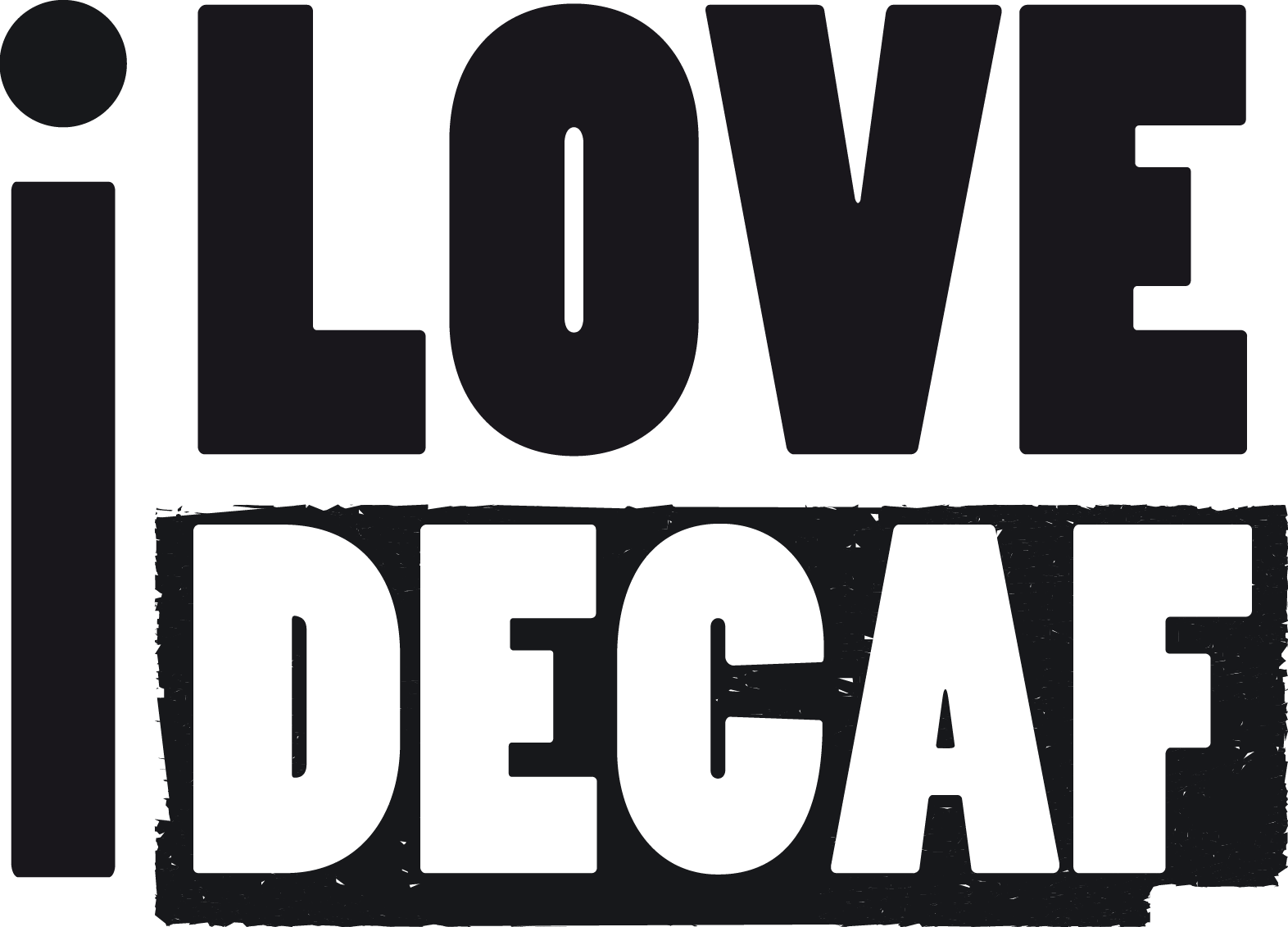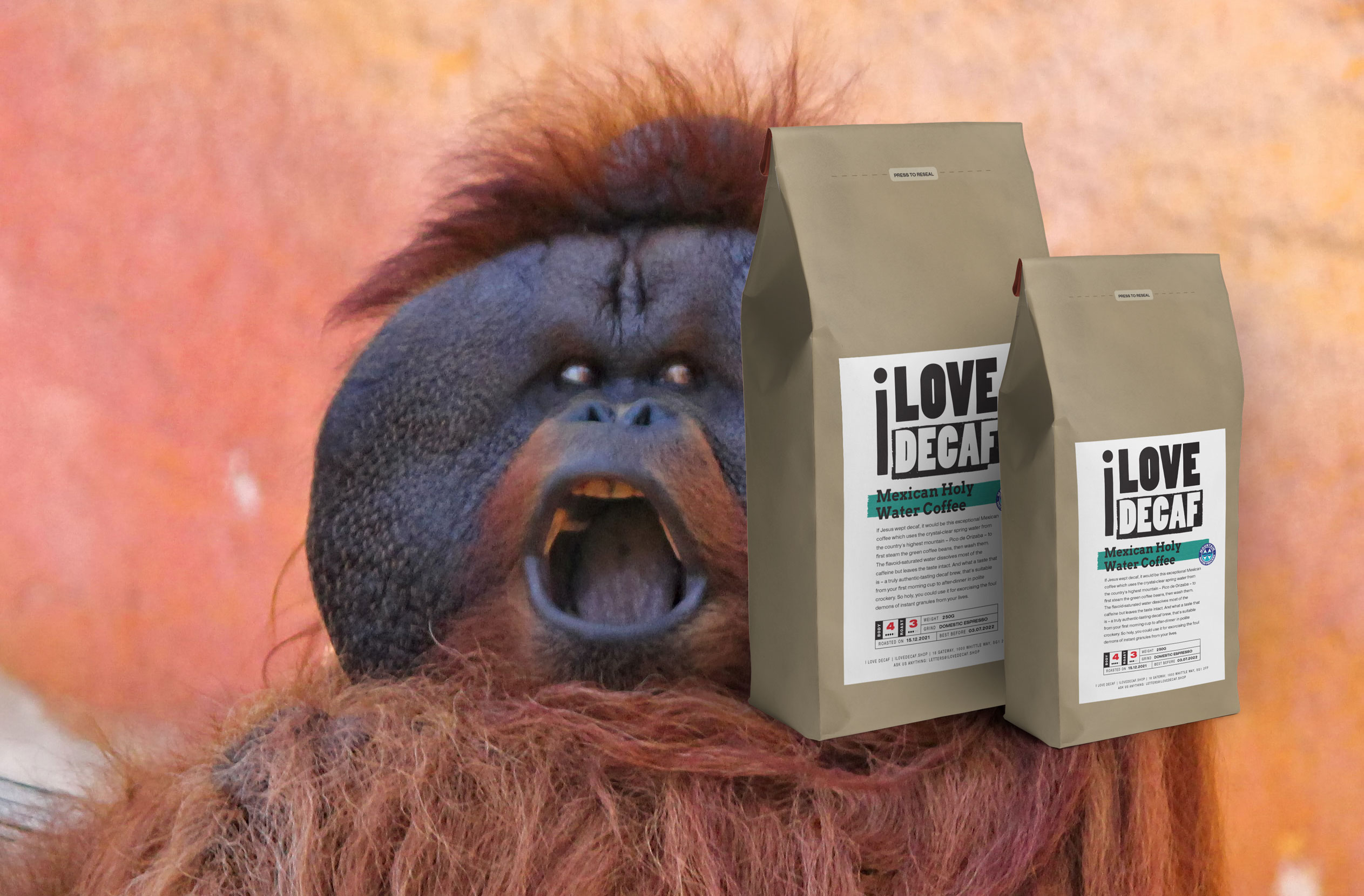Approximately half of the coffee grown in the world is produced to make instant coffee. It’s tempting to believe that this fact may be at the root of all the world’s misery, not least because instant coffee, decaf and caffeinated, is both an abomination and an affront to the senses.
An early version of instant, known as Essence of Coffee, was produced briefly for soldiers during the American Civil War and was said to have had the consistency of axle grease. As the French – who can tell you a thing or two about coffee, often without being asked – would say plus ça change, plus c’est la même chose. The more that things change, the more they stay the same. Essence of Coffee was rapidly discontinued, owing to popular demand. It probably helped that its customers were heavily armed.
Less than a century later, during the Second World War, instant coffee had become ever-so-slightly less revolting, and it was American GIs who popularised it wherever they were stationed. The upshot is that, in Britain, instant accounts for three quarters of all coffee sold. That compares to 10% in the US and France and just 1% in Italy.
Fast forward another 80 years and you would think that, with all the advances in drinks tech over the decades, the best decaf instant coffee would at least be passable, but no.

Instant decaffeinated is best avoided
When you consider the pains that the growers, the roasters and blenders go to in selecting varieties of beans to grow and methods of roasting, fine-balancing tastes and textures along the way, it does seem absurd to then throw all of that into an industrial process that values quantity over quality. The best instant decaf is bound to be a shadow of its former self.
Another thing to consider is that instant coffee production is more carbon intensive than simple ground coffee, a fact that the multinational food companies that control almost all the instant coffee market, conveniently omit from their green-wash eco-babble. Ignore all the Aztec and Mayan imagery and sustainability messages printed on plasticized labels and just drink better coffee instead.
Kick the instant habit
In a world where everything seems to be on-demand and instant, we have got used to streaming music and entertainment almost instantly. We’ve gained a lot of convenience but lost some of what makes music and film so special. In the case of coffee, deferred gratification is always better. Serious academic papers have felled a few trees to conclude that the ability to delay gratification can improve a host of other positive outcomes, including academic success, physical health, psychological health, and social competence. It turns out that patience is a virtue, after all. In other words, a simple cafetiere or pour-over reusable filter is not only easy to use but gets you the best decaf coffee and gets it quick. It may not be instant, but considering the care, craft and ability of the growers, roasters and blenders, three minutes of brewing in your kitchen is not only more sustainable, better for your wellbeing and tastier, but also pretty damn quick.

